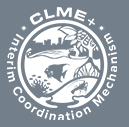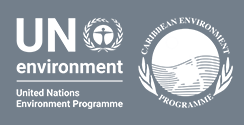
Responding to climate change in Caribbean fisheries and aquaculture through adaptation
The marine environment, and the fish it supports, play a key role in Caribbean culture, livelihoods and food provision. However, climate change is already affecting Caribbean fisheries and aquaculture through changes to important fish habitats, distributions, growth, and reproduction, all affecting fisheries yield. Storms and hurricanes are also having an impact by directly damaging habitats, aquaculture and fisheries facilities and affecting the safety of fishers at sea. These impacts are expected to be exacerbated in the future. There are also several compounding pressures that reduce the resilience of marine ecosystems to a changing environment, including overfishing, marine pollution, ghost fishing and Sargassum seaweed influxes. Here, we describe how vulnerable Caribbean fisheries are to climate change, based on their exposure to climate hazards, the fisheries and species sensitivities, and their adaptive capacity. To address these vulnerabilities, there are a range of climate change adaptation measures that could be deployed in the Caribbean to help ensure long term sustainable fisheries and aquaculture into the future, including autonomous, planned and no-regret options. Adaptation options can focus on institutional adaptation, livelihoods adaptation, risk reduction or management for resilience. There must also be a focus on building adaptive capacity within the fisheries and aquaculture sectors, so that fishers can maintain effective adaptation in the long term and be involved in management of their sustainable fisheries. There are a number of adaptation projects that have been implemented in the region, which show how community involvement can be incorporated, with benefits to fisherfolk as well as the marine environment. Examples are given of the CC4FishProject, which aims to increase resilience and reduce vulnerability through adaptation and capacity building. The deployment of moored Fish Aggregating Devices (FAD) fishing in some countries is described, which can take pressure off overfished reefs, while maintaining or increasing income for fishers. Marine Protected Areas (MPAs) can be co-managed with coastal communities, to improve the environment, encourage tourism, and provide income to traditional users. Degraded habitats can be improved by planting mangroves or using artificial reefs, which provide coastal protection to communities. Examples are also described of the FEWER mobile phone app which sends alerts about bad weather or sea state to fishers, providing early warning of any dangerous conditions, and of the training course provided to all licensed fishers in Dominica. Lastly, an example of monitoring for pH changes in Belize is described, so that future strategies can be developed to safeguard the conch and lobster fisheries at risk from ocean acidification. The cost of inaction to climate change is expected to be far higher than the cost of adapting, with the losses to fisheries caused by each hurricane in the millions of dollars, from lost and damaged gear, vessels, equipment and facilities, as well as loss of lives and livelihoods. There are few studies on the costs of adaptation, and while these are expected to be high, they are less in the long term than the damage expected from climate change. There are several barriers to adaptation in fisheries and aquaculture, which can mean that adaptation does not take place or is slow to be implemented. A considerable adaptation deficit exists, with financial, technical, institutional and governance dynamics hampering efforts. There are also many social factors that may inhibit adaptation of governments and fishers. Further studies are needed in the Caribbean to better understand these social and economic factors that obstruct adoption of adaptation measures, and to inform strategies to facilitate adaptation. This report identifies a number of priority research gaps that are needed to successfully implement adaptation measures in the Caribbean region, including to identify climate vulnerabilities and risk, improve fisheries management, build sustainable aquaculture, improve the marine environment, diversify livelihoods in the long term, and build adaptive capacity. Actions are also proposed which can be carried out in the short term with limited resources, including by fisherfolk, marine managers, and coastal communities themselves. Some of these build on existing work or replicate successful projects elsewhere. Longer term goals are also identified, which need further investment or supporting legislation to implement, but are needed to ensure that fisheries and aquaculture have a sustainable future in the Caribbean. This includes reducing the existing pressures on the environment so ecosystems can be resilient to climate change. For all adaptation actions, research, and capacity building, it is vital that the fisherfolk and coastal communities are involved at every stage. Particular attention should be paid to gender equality, inclusion of youth, marginalised groups or minorities, and the role that adaptation plays in reducing poverty. Traditional knowledge and culture must be included and used to inform action, and communities must be involved in policy development and planning, giving them skills to be involved in ecosystem-based management and co-management. In addition, monitoring, evaluation and learning should be embedded in the institutional mechanisms for tracking progress, and identifying the roles and responsibilities of the range of stakeholders and institutions. We hope that the report provides targeted actions on adaptation for the fisheries and aquaculture sectors In the Caribbean region. Action needs to be taken now, and everyone in fisheries and aquaculture can play a part. There is already a lot of work underway, but further action is needed to secure people’s livelihoods in the long term. With the right research, skills and experience, adaptation action in the Caribbean can ensure that fisheries and aquaculture livelihoods are secured for the long term.
 3
3


 Report issue
Report issue






















